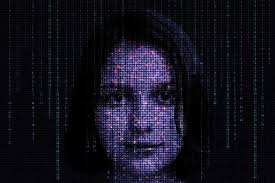Deepfakes:

South Korea’s president recently ordered a crackdown on an epidemic of digital sex crimes targeting women and girls who become the unwitting victims of deepfake pornography.
- Deepfakes are synthetic media, including images, videos, and audio, generated by Artificial Intelligence (AI) technology that portray something that does not exist in reality or events that have never occurred.
- The term deepfake combines deep, taken from AI deep-learning technology (a type of machine learning that involves multiple levels of processing), and fake, addressing that the content is not real.
- It can create people who do not exist, and it can fake real people saying and doing things they did not say or do.
- The origin of the word “deepfake” can be traced back to 2017, when a Reddit user with the username “deepfakes”, posted explicit videos of celebrities.
- They are created by machine learning models, which use neural networks to manipulate images and videos.
- To make a deepfake video of someone, a creator would first train a neural network on many hours of real video footage of the person to give it a realistic “understanding” of what he or she looks like from many angles and under different lighting.
- Then they combine the trained network with computer-graphics techniques to superimpose a copy of the person onto a different actor.
- Deepfake technology is now being used for nefarious purposes like scams and hoaxes, celebrity pornography, election manipulation, social engineering, automated disinformation attacks, identity theft, and financial fraud.
- They differ from other forms of false information by being very difficult to identify as false.




